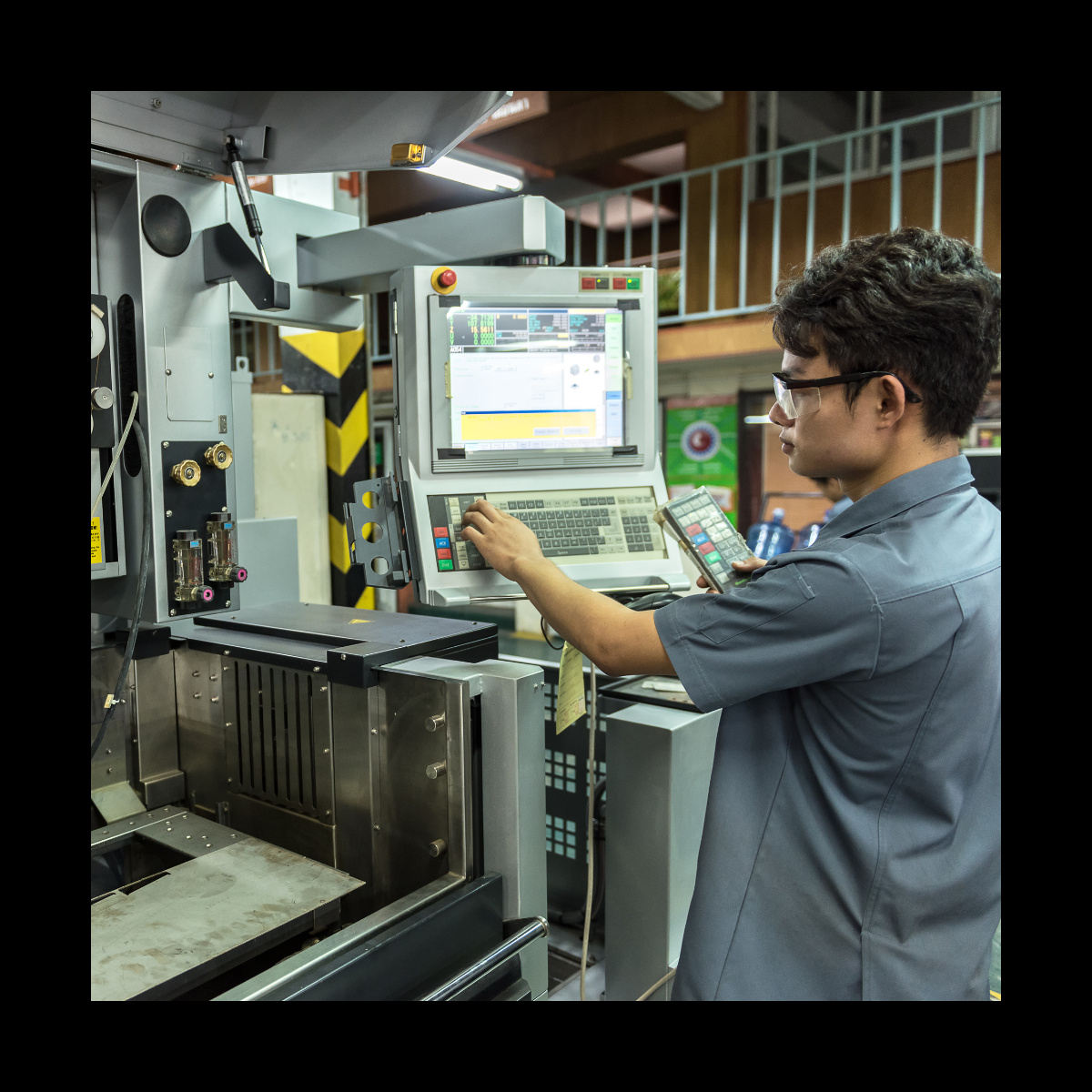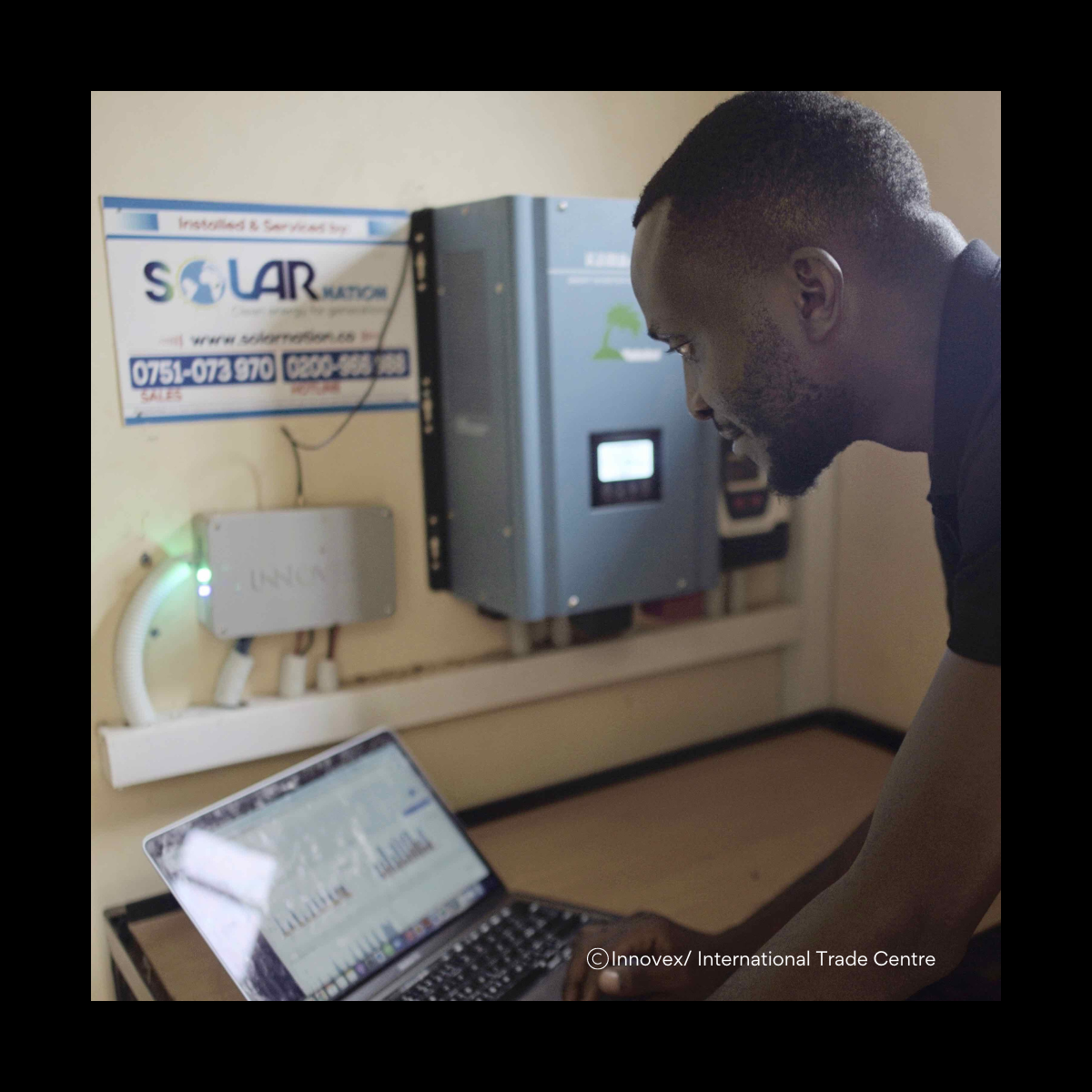Resource Efficiency and Circular Production (RECP) Coaching Programme
The ITC RECP coaching programme supports micro, small and medium-sized enterprises (MSMEs) to increase their competitiveness in international value chains through resource efficient and circular production (RECP) practices, leading to enhanced productivity, reduction of GHG emissions over a multi-year process, cost reduction and compliance with standards and regulations. It supports companies to make informed decisions about the implementation of RECP measures to enhance their environmental performance; and the financial impact (cost-benefit) of their implementation.
The coaching programme is implemented as a blended learning approach encompassing:
- Training of trainers on the ITC RECP coaching methodology. Experts trained on the methodology are then hired by the project to act as coaches.
- Sensitization workshop for MSMEs and stakeholders on the benefits of RECP practices, followed by call for application of beneficiary MSMEs to participate in the project.
- Personalized coaching sessions and development of RECP strategy. Local coaches to work directly with selected MSMEs to assess gaps in terms of resource use and management in comparison to sector and country benchmarks and targets, and define measures of improvement to enhance their existing practices. Shortlisted measures are assessed from a financial perspective and compared through a cost-benefit analysis deriving those measures that make business sense. As a result, measures are recommended as part of a resource efficiency and circular production strategy.
- Guidance in the implementation of the RECP strategy. To ensure the implementation of the strategy and its measures, MSMEs receive further guidance on accessing green finance, technology and expertise.
- Group trainings for MSMEs on topics related to resource efficiency and circularity based on needs assessment.
- The approach is complemented by an online training on RECP hosted at ITC’s SME Trade Academy.
The coaching approach has been implemented with over 220 MSMEs from more than 15 developing countries across 10 different sectors.
The objectives of RECP coaching programme are:
- To increase the competitiveness of small businesses in international value chains through resource efficient and circular production practices, leading to enhanced productivity, cost reduction and compliance with standards and regulations.
- To support companies to make informed decisions about the implementation of RECP measures to enhance their environmental performance; and the financial impact (cost-benefit) of their implementation
- To raise awareness on the significance of compliance with sustainability requirements of international buyers to establish and maintain supply relationships

Item Assessment information
Needs addressed
- Developing strong governance and policies
- Scaling sustainable and circular business models
- Adopting SCP norms, technologies and practices
Leaving no one behind
- Addressing SCP needs of the national population (including vulnerable groups)
- Promoting equal women/men participation and development with SCP
- Enhancing SCP practices and collaboration between key stakeholders (public and private)
Applicability
- Tested
- Implemented
- Evaluated Proof of Concept
- Applicable multiple countries
Organizations
-
12.1
-
12.2
-
12.3
-
12.4
-
12.5
-
12.6
-
12.7
-
12.8
-
12.a
-
12.b
-
12.c
How does the tool make an impact on SDG12?
The tool supports small businesses to strengthen their competitiveness through the adoption of sustainable production practices related to water, energy, chemical and waste management, thus becoming more resource efficient and circular.
How does the tool make an impact across SDGs?

How does the tool promote and/or make an impact on MEAs?
The ITC RECP coaching component can support national governments to advance the implementation of MEAs through the promotion of resource efficiency and circularity among small businesses. Its implementation results in reduction in GHG emissions over a multi-annual process, increased productivity, cost reduction and enhanced compliance with environmental standards and regulations.






